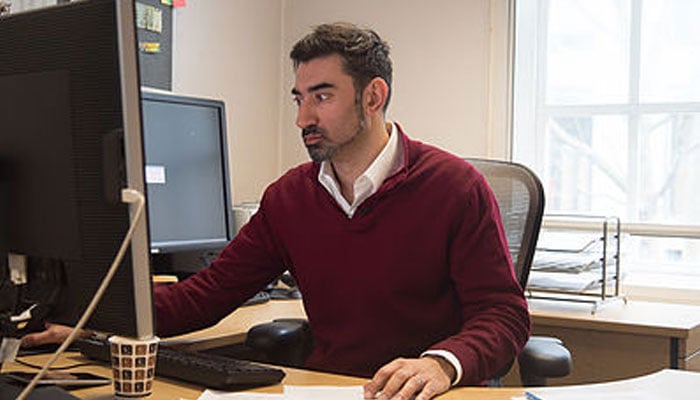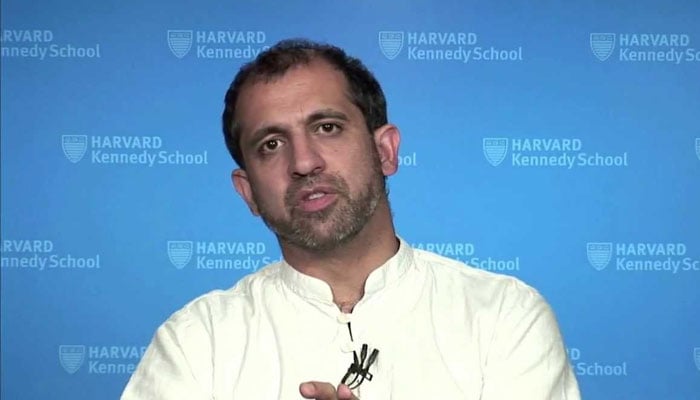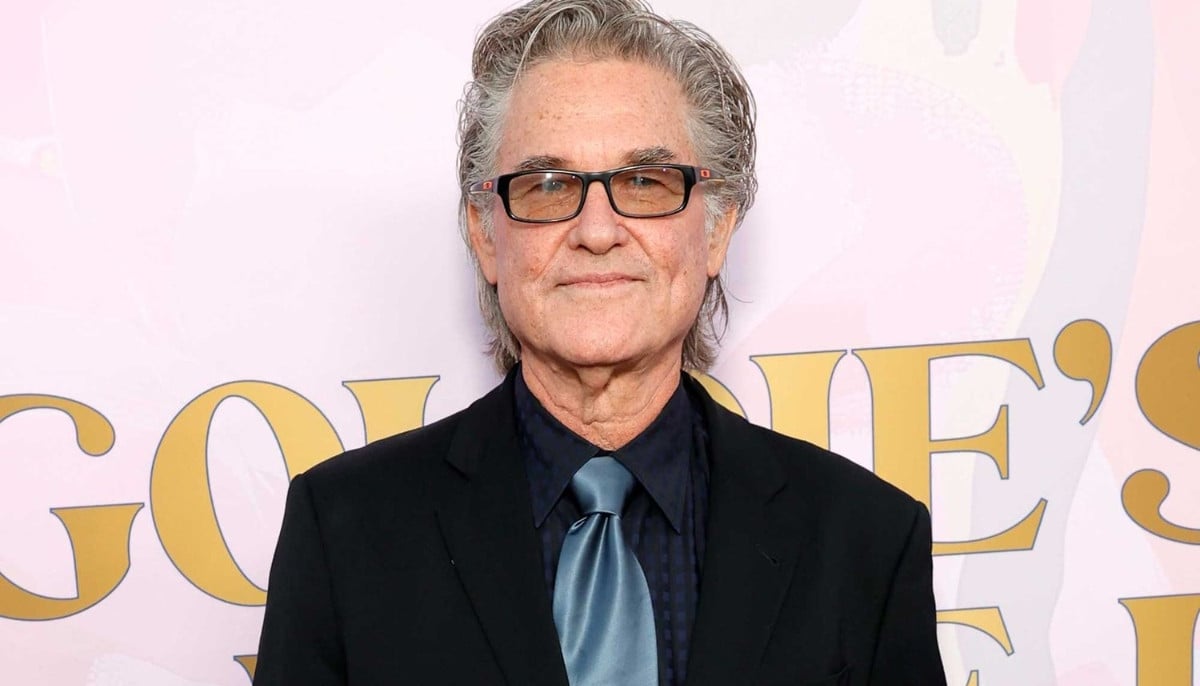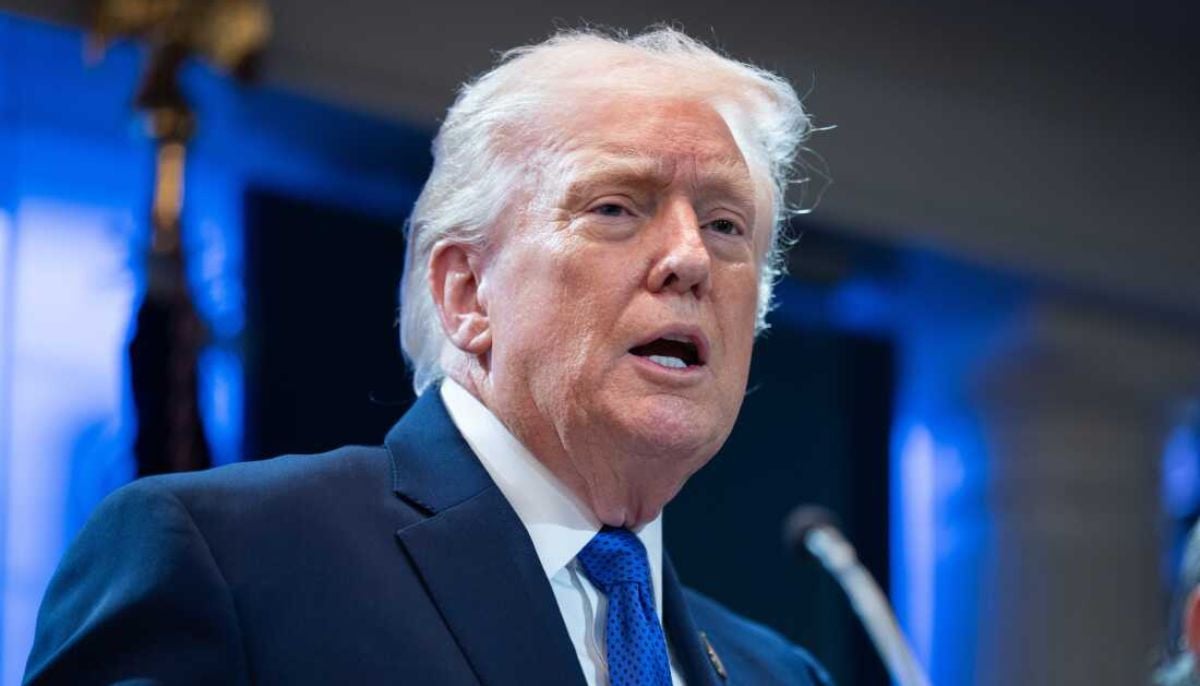Pakistani economist Imran Rasul honoured with prestigious European award
Imran Rasul, a microeconomist from University College London and the Institute Fiscal Studies, has worked towards social relationships in economics, advanced through pioneering field experiments in the workplace and social networks and has provided salient contributions to economics, especially to the fields of personnel economics and development.
Pakistan's highly esteemed economist Imran Rasul who stepped down from the government's Economic Advisory Council (EAC) after Atif Mian's removal has been honoured with the prestigious Yrjö Jahnsson Award in Economics 2019.
The award aims to recognise 'European economist no older than 45 years old who has made a contribution in theoretical and applied research that is significant to economics in Europe.'
Along with Oriana Bandiera, Imran Rasul has also received €20 000 from the Yrjö Jahnsson Foundation in addition to the award.
Rasul, a microeconomist from University College London and the Institute Fiscal Studies, has worked towards social relationships in economics, advanced through pioneering field experiments in the workplace and social networks and has provided salient contributions to economics, especially to the fields of personnel economics and development.
Ever since Rasul has been honoured with the award, the famed economist has been receiving felicitations for the remarkable feat by colleagues and fellow economists including Atif Mian.
On the other hand, Asim Ijaz Khawaja, another great economist Pakistan lost after he stepped down from the EAC, has recently been appointed as the faculty director of the prestigious Harvard Kennedy School’s Center for International Development (CID).
Khwaja has served as a co-faculty director of the Evidence for Policy Design (EPoD) program at CID for the past decade and will continue as an EPoD faculty affiliate. He is also co-founder of the Center for Economic Research in Pakistan. Khwaja’s areas of interest include economic development, finance, education, political economy, public finance, and institutions. His research combines extensive fieldwork, rigorous empirical analysis, and microeconomic theory to answer questions that are motivated by and engage with policy.
Revealing his sentiments upon the appointment, Khwaja said, "I am thrilled to take up this position and grateful for the opportunity to lead the important work of the center. Under Ricardo’s leadership, the center’s reach has greatly expanded. I hope to continue this expansion by leveraging the amazing talent and opportunities at Harvard to help address some of the most pressing problems we face in the world today."
-
Liza Minnelli recalls rare backstage memory with mum Judy Garland in new memoir
-
Armed intruder shot dead at Trump's Mar-a-Lago residence: US Secret Service
-
Kurt Russell spills the beans on his plans for milestone birthday this year: 'Looking forward to it'
-
11-year-old allegedly kills father over confiscated Nintendo Switch
-
Police officer arrested over alleged assault hours after oath-taking
-
Maxwell seeks to block further release of Epstein files, calls law ‘unconstitutional’
-
Trump announces he is sending a hospital ship to Greenland amid rising diplomatic tensions
-
Trump announces a rise in global tariffs to 15% in response to court ruling, as trade tensions intensify













